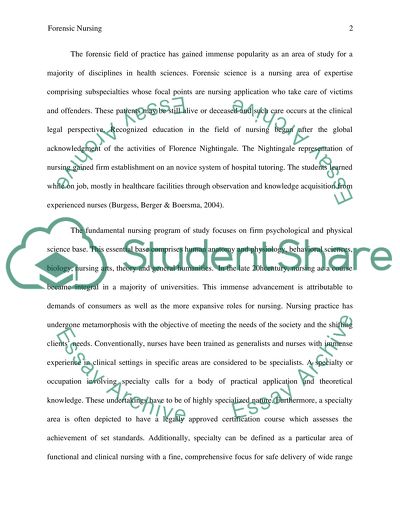Cite this document
(“Forensic Nursing Research Paper Example | Topics and Well Written Essays - 1250 words”, n.d.)
Retrieved from https://studentshare.org/nursing/1474626-forensic-nursing
Retrieved from https://studentshare.org/nursing/1474626-forensic-nursing
(Forensic Nursing Research Paper Example | Topics and Well Written Essays - 1250 Words)
https://studentshare.org/nursing/1474626-forensic-nursing.
https://studentshare.org/nursing/1474626-forensic-nursing.
“Forensic Nursing Research Paper Example | Topics and Well Written Essays - 1250 Words”, n.d. https://studentshare.org/nursing/1474626-forensic-nursing.


